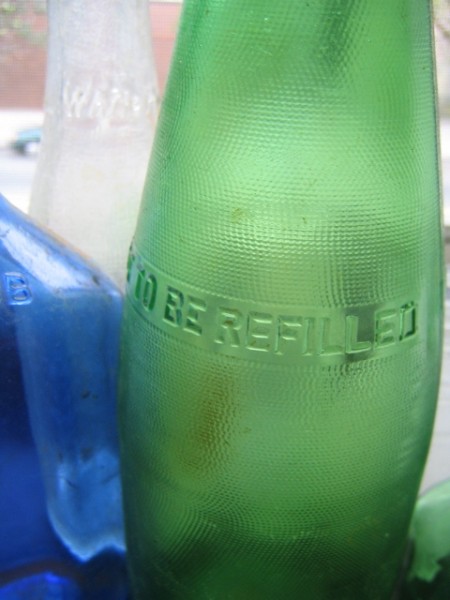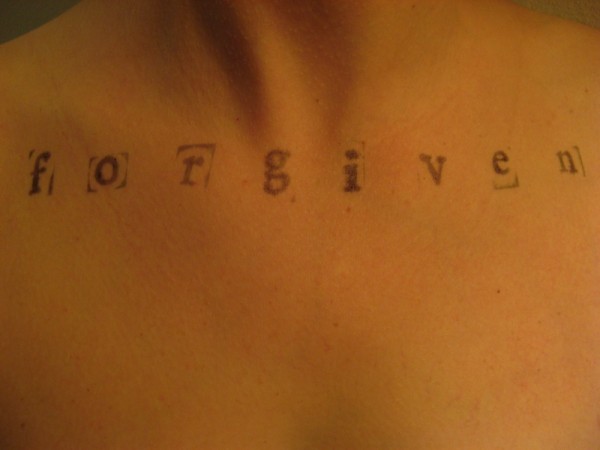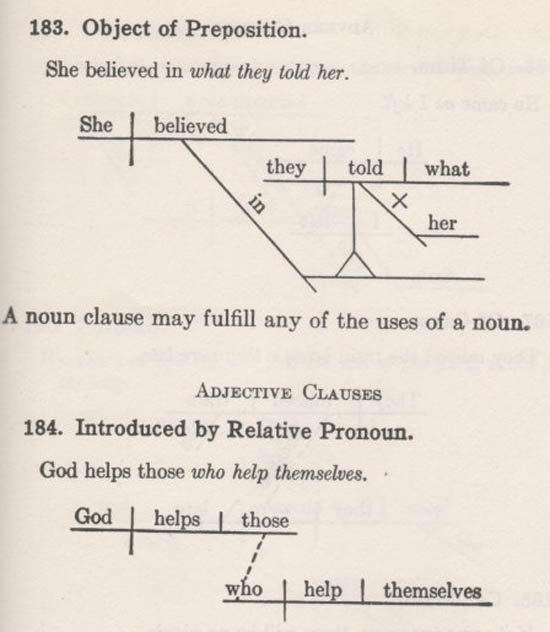Sage advice from Caterina Fake, who, as a co-founder of both Flickr and Hunch, is no slouch in the work department:
Much more important than working hard is knowing how to find the right thing to work on. Paying attention to what is going on in the world. Seeing patterns. Seeing things as they are rather than how you want them to be. Being able to read what people want. Putting yourself in the right place where information is flowing freely and interesting new juxtapositions can be seen.
—Caterina Fake
As my mother once told me, “Life is short, but it’s wide.”
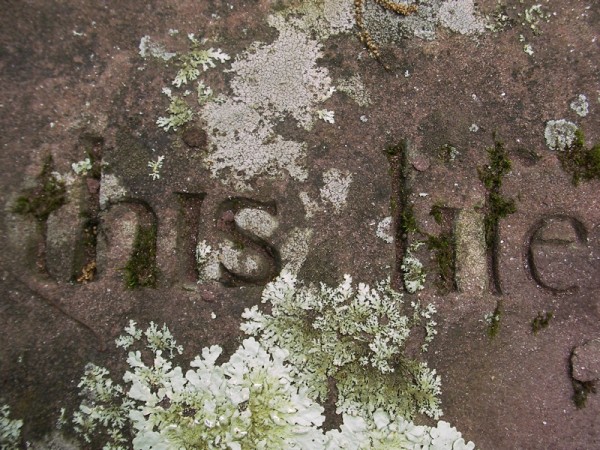
Lately I’ve been reading and thinking a lot about how to bring more fulfillment and sense of purpose to my work life. Invariably books on these sorts of topics ask the reader to think back to their earliest childhood career dreams as a way of rekindling a sense of possibility and wonder, if not an actual answer to the question, “What do you want to be when you grow up?”
In my case the answer was: bag lady.
I must’ve been four or five when I encountered my first homeless person. At the time I didn’t have much sense of social class, poverty, or issues like that. What I saw was a woman pushing a shopping cart filled with what appeared to me to be a lot of useful stuff and some pretty mysterious treasures as well. She didn’t seem in any hurry. She wasn’t dressed up in a terrible skirt and pinchy shoes. She had a marble in her hand and a grin on her face. I thought she was marvelously free and I wanted to be just like her.
I doubted everything
and I believed everything.
It was my theology or affliction.
My first memory
was a story my mother told
which never happened.
My second memory
was unphotographed and lost forever.
When I left a woman,
I left her twice
and I felt
just what I’d watched
others feel
while I sat open-mouthed before the screen.
Shannon Holman, New York, 2002
published in Raised in a Barn
On Adolescence
for Debbie Benson
Others have their own fires. Ours started small,
an accident with a cause: lens of ground glass, fire ants,
paper from a pack of cigarettes.
We ran into the woods to wait out what would happen
and, while we were not what we wanted,
we were what we were.
Clutched together, our breathing
became a third person, all smiles, without much English.
Puckers on both knees, sap in the scabs, tarry, sweet.
What we tasted: red hots and cut grass,
and you had a doll that wet,
which you left there, and another with a crank for growing hair.
Let x equal kiss,
because when we changed we changed the language.
The sun was not harmless. It was no egg in the air.
We strung up our clothes in the virgin forest
and sang I’m your pusher. For virgin, read
where the small trees fail. We started there.
We caught. And after? We smoked. And after that? We smoked.
Shannon Holman, New York, 2001
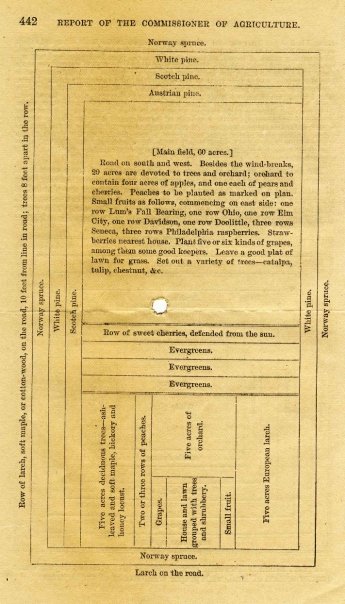
This reminds me of the Robert Hass poem “Meditation at Lagunitas.“




